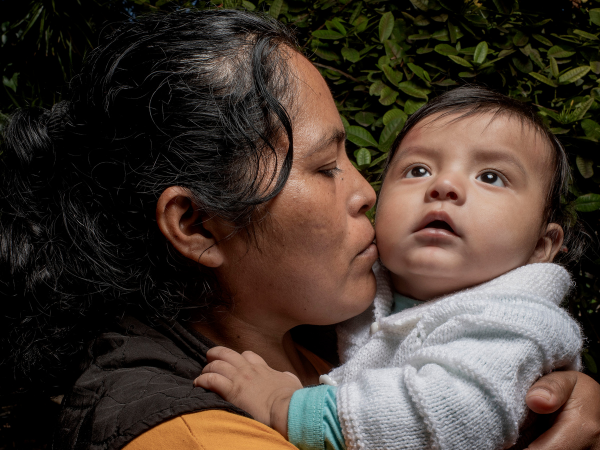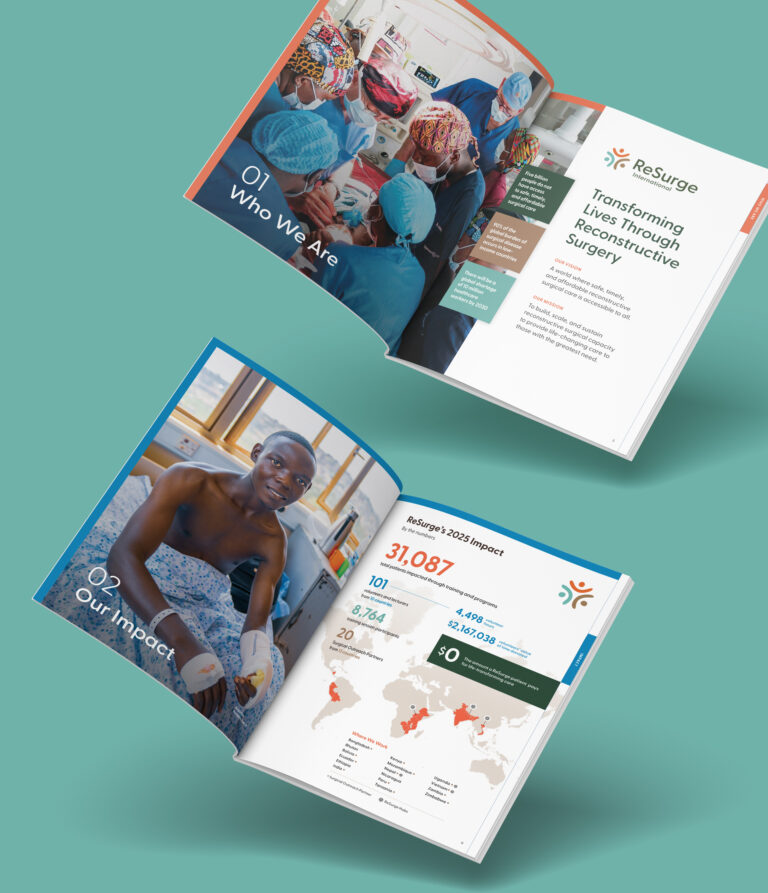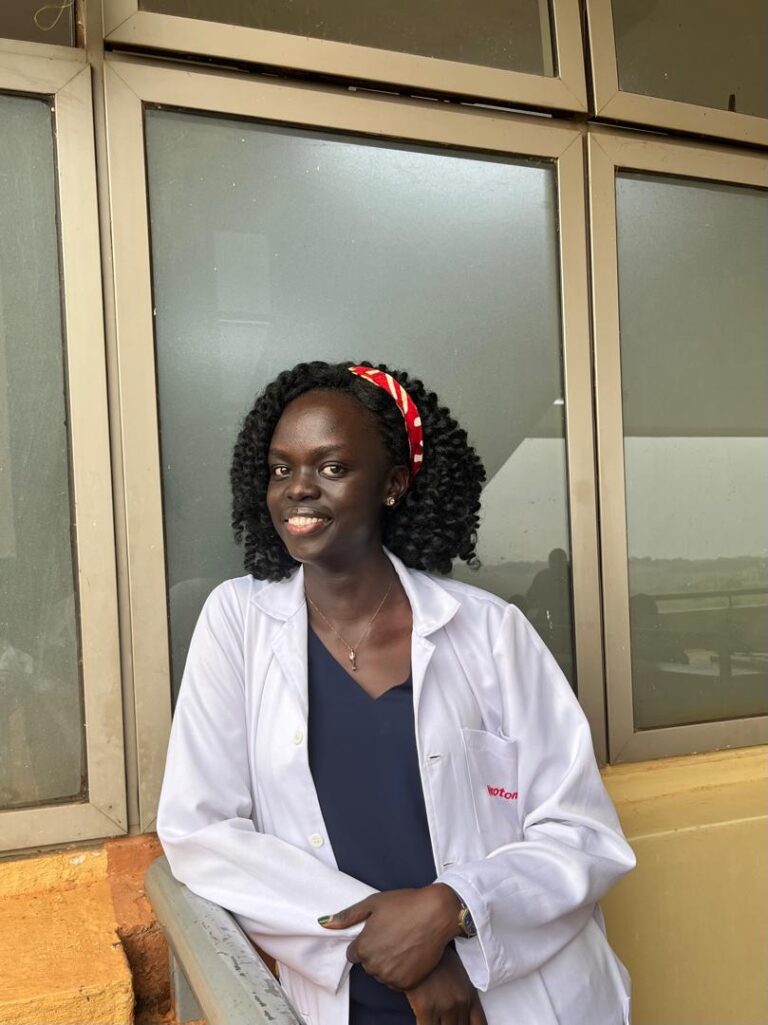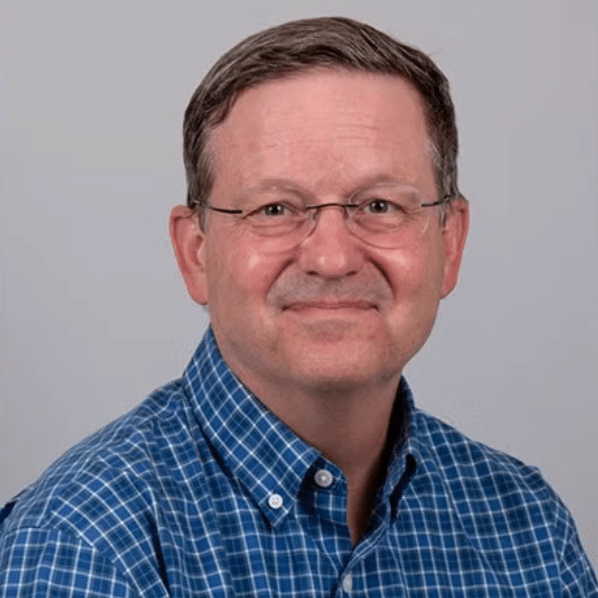In the rural Bolivian village of Villamontes, women experiencing birthing complications have few resources.
For Estefania, it was touch and go for much of the delivery of her second child, Matías. When the baby was finally born, he had suffered a brachial plexus—his right arm was twisted during delivery, damaging the nerves in the shoulder that control movement and leaving his limb unusable.
To prevent the condition from becoming permanent, he would need surgery within his first year. However, local healthcare providers were neither aware of this timeline, nor were they trained in the necessary procedure.
In fact, it was nearly impossible to find a surgeon in all of Bolivia who was qualified to perform the complicated operation. Matías’ family, unaware of the urgency of the baby’s case, focused on raising money to pay for the care he would need going forward. His parents moved to Chile for work, leaving Matías at home with his grandmother, Gracia.
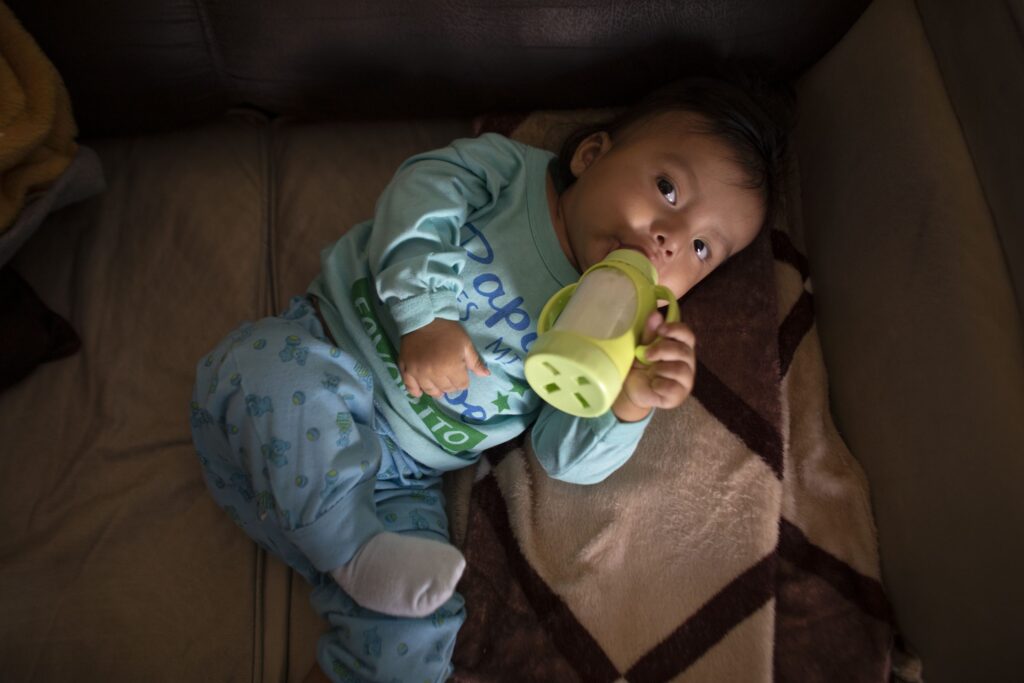
Enter Dr. Jorge Terrazas, a long-time ReSurge International surgical partner and one of the only formally trained hand surgeons in Bolivia. On a mission to expand the country’s reconstructive surgical capacity, Dr. Terrazas asked ReSurge for training on peripheral nerve transfers so his local team could provide for the many nerve cases they encounter.
ReSurge organized a Surgical Team Training Trip to Bolivia with international surgical volunteers, including Dr. Amy Moore from The Ohio State University Wexner Medical Center, a world-renowned expert in peripheral nerve transfer—the very technique Matías required.
Dr. Terrazas and Programa Manitos, a local partner foundation, conducted a media campaign across Bolivia to identify cases and alert the public of the opportunity to receive reconstructive surgical care for free. Gracia happened to hear this on the radio and immediately thought it could change everything for her grandson, Matias.
“I just want the best for my grandson … He is such a happy baby, and I want a bright future for him,” she later told us.
She traveled six hours to Santa Cruz to bring her grandson in for an evaluation. Doctors told her that time was running short for Matías’ surgery to be effective. He was already seven months old; the surgery needed to happen immediately or Matias might permanently lose movement in his arm. But first, the baby’s parents would need to be contacted as Gracia did not have medical power of attorney.
After tracking down his parents in Chile, and with assistance from a legal team identified by ReSurge’s partners Programa Manitos, enthusiastic permission was granted. The surgery was long and complex, but under Dr. Moore’s skilled hands, Matías’ peripheral nerve transfer was a success. Though he will need follow-up care and monitoring for several more months, by all accounts he is making wonderful progress and hitting the appropriate milestones for healing and recovery.
“We never dreamed this could be possible. I am so thankful,” said Gracia.
And Dr. Tarrazas is overjoyed that his desire to build reconstructive surgical capacity in Bolivia has had such a life-transforming impact. Dr. Amy Moore plans on returning to Bolivia next year with ReSurge to continue to build the local team’s capacity so that more babies with conditions like Matías’ can be helped year-round.
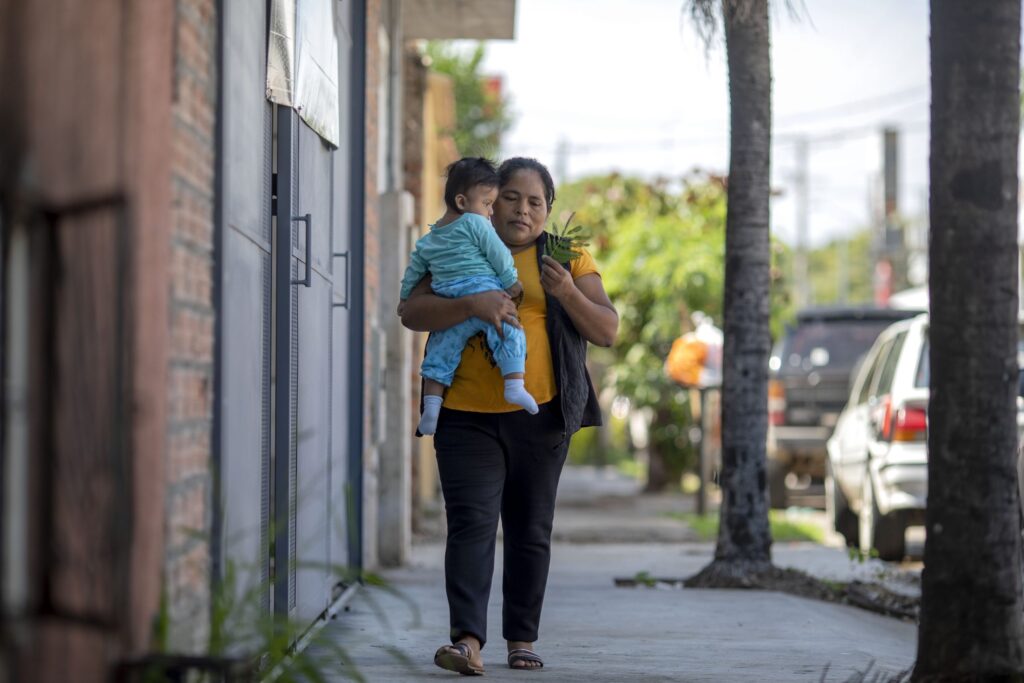
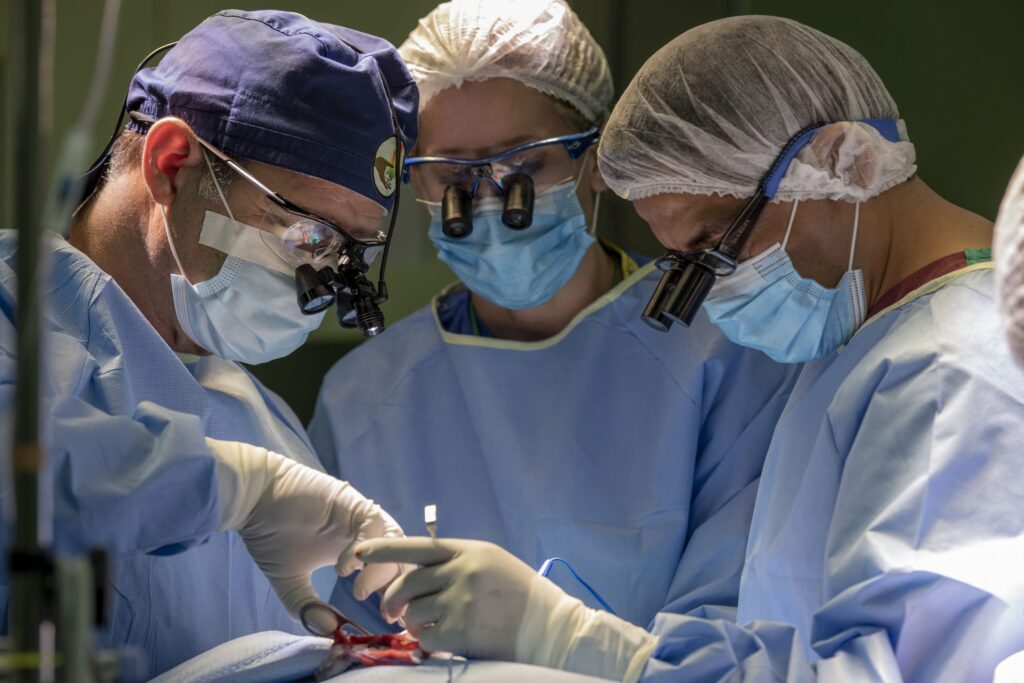
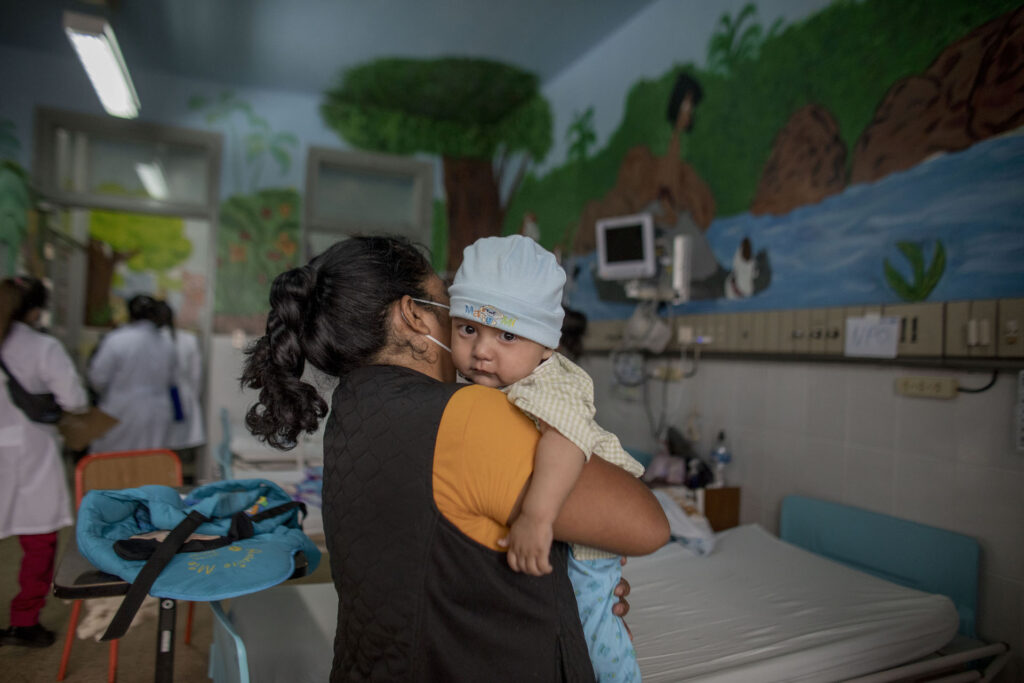
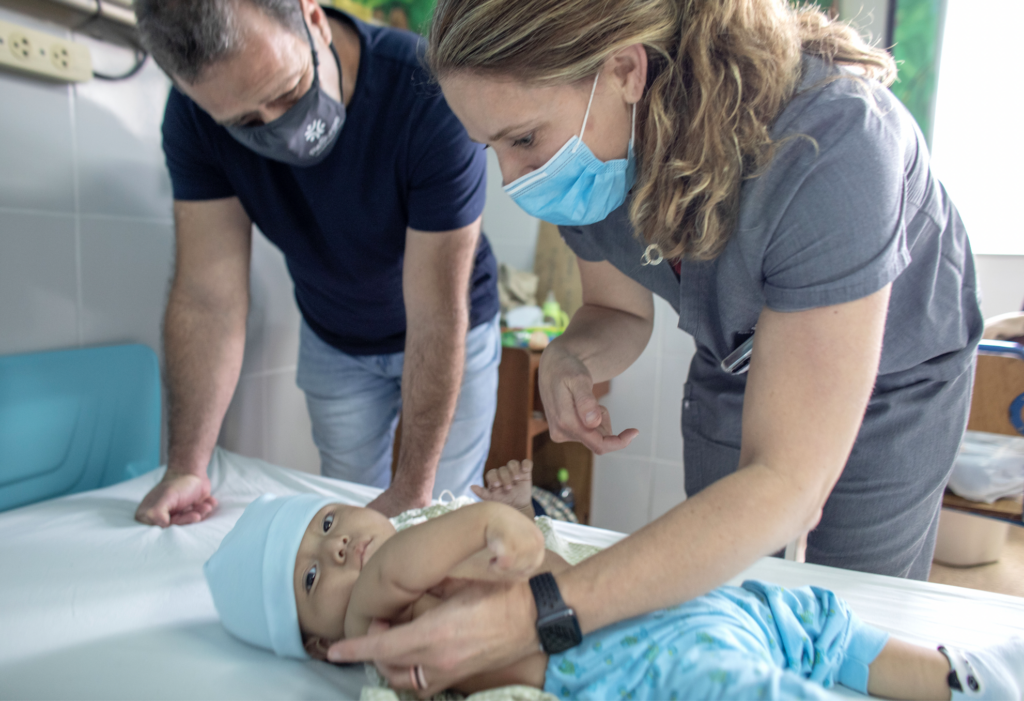
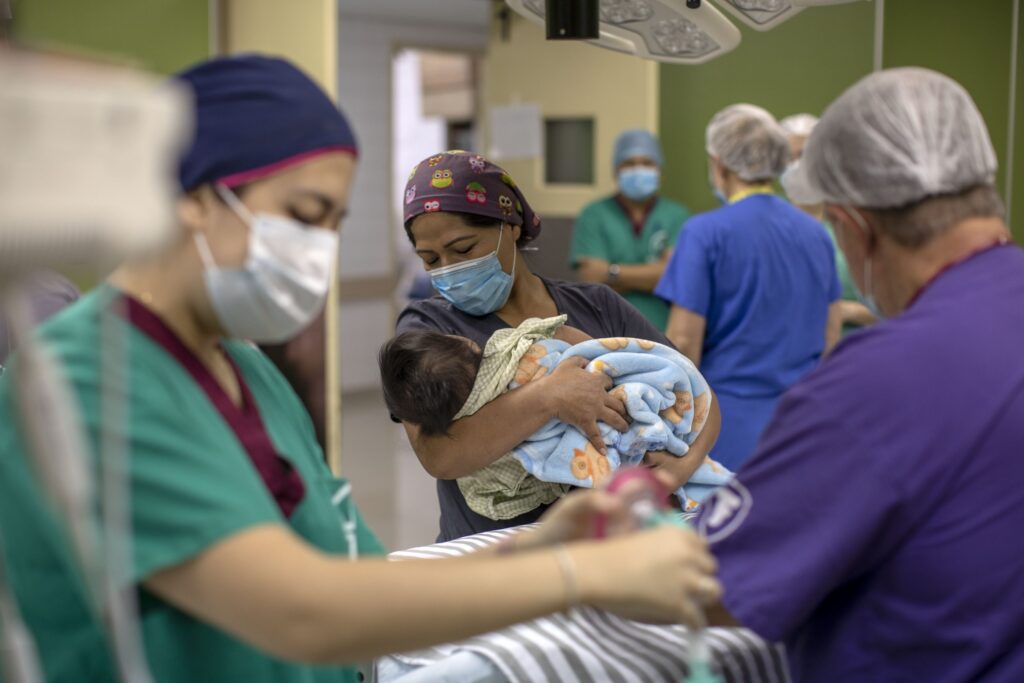
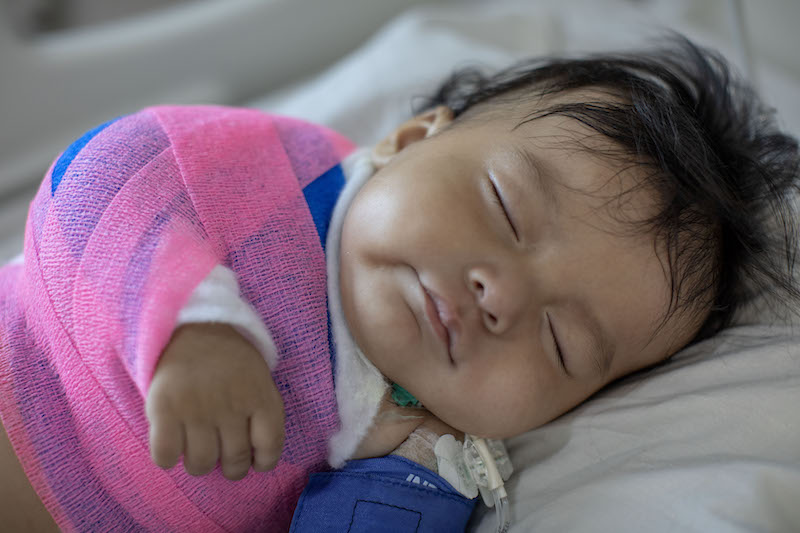
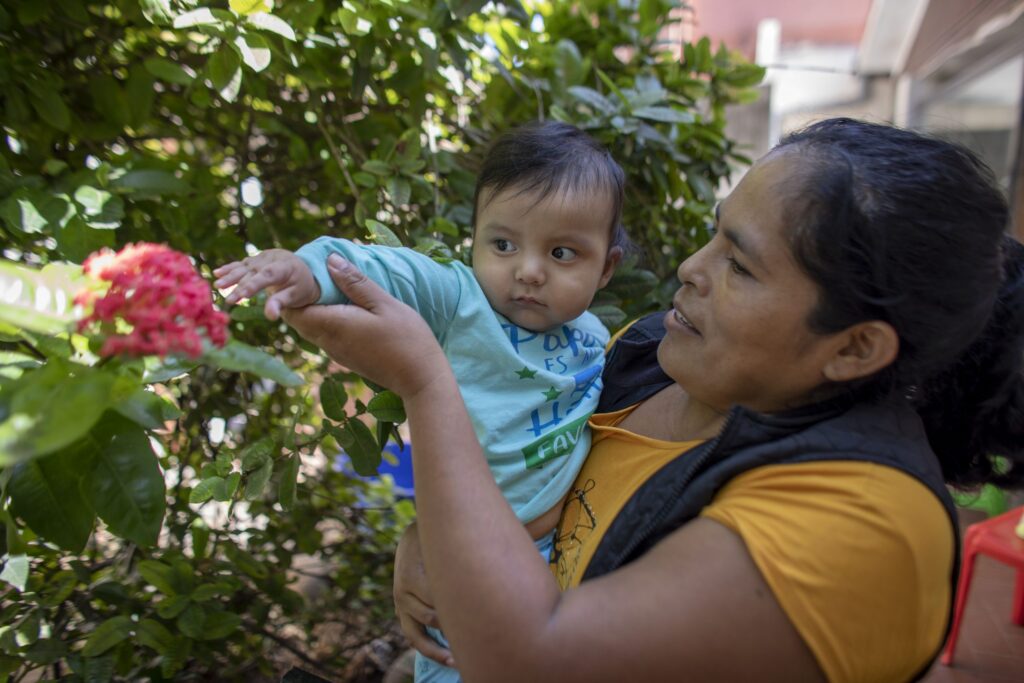
We are committed to giving patients like Matias who can’t afford treatment the best possible care. Make a donation to support patients like Matias here.

